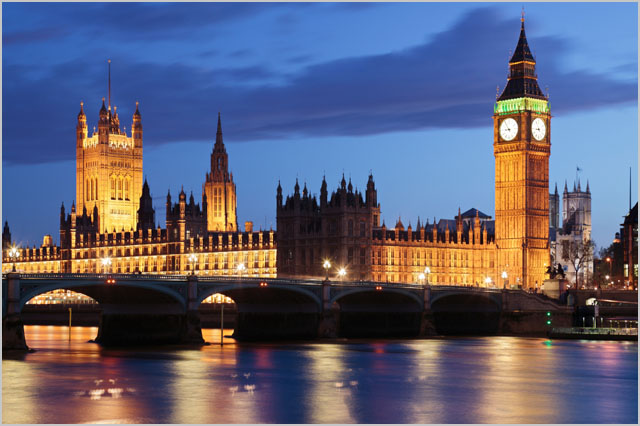
news The UK Government introduced its new Digital Economy Bill before Parliament this week – new legislation aimed to boost the country’s digital economy and implement a number of manifesto commitments made by the ruling Conservative Party.
“We want to make sure that the UK maintains its position as a world leader in the digital economy and in the development and use of cutting-edge technology,” the government said. “The bill will enable the building of a world-class digital infrastructure, empower consumers to connect and strengthen protections for citizens online.”
Announced in the Queen’s Speech in May of this year, the bill is planned to provide all British citizens with access to broadband wherever they may live and build a better infrastructure that is “fit for the digital future”.
Public services will also get a boost from increased use of digital technologies, and better protections will be introduced to tackle spam email, nuisance calls and online pornography.
“We want to make the UK a world leader in digital provision – a place where technology continually transforms the economy, society and government,” said the UK’s Culture Secretary John Whittingdale.
“The Digital Economy Bill will put in place the foundations for the digital future and help us meet this ambition,” he said.
The government’s plans will be achieved by a number of measures, including giving every household a legal right to request a 10mbps broadband connection via a new Broadband Universal Service Obligation (USO).
It will further boost consumer and business rights with new powers for the communications regulator Ofcom to provide better information on services and allow consumers to act on that information through easier switching.
New provisions will be introduced to ensure that consumers are automatically compensated if things go wrong with their broadband service.
The government also aims to cut the costs for new infrastructure and simplify planning rules to ease the building of broadband networks, along with new measures to manage radio spectrum to increase the capacity of mobile broadband.
Also introduced will be “stronger enforcement” of direct marketing laws, and civil penalties for online pornographers who don’t verify the age of customers.
Further, legal barriers to digital government will be removed, while data protection laws will be strengthened.
The UK Government said it is already investing £1.7 billion in the nation’s broadband roll-out and is “on track” to achieve a manifesto commitment to deliver access to superfast
broadband to at least 95% of the UK by the end of 2017.
The measures in the new bill, it said, will promote investment in digital infrastructure by giving communications providers the ability to install and update equipment at lower
cost and with fewer regulatory hurdles.
The government stated: “We also have a responsibility as government to protect citizens and the bill contains a number of new provisions that will prevent spam email and nuisance calls unless you have given consent; age verification measures to protect children from viewing online pornography; give new powers for Ofcom in respect of information provision allowing for greater access to the information that matters to consumers.”
According to The Register, the new bill may need some clarification. Regarding the requirement for age verification checks, it says, “the practical matter of verifying age is not expanded upon in detail” and it is unclear how the legislation would affect foreign providers of pornography.
The Register also said it asked the UK’s Department of Culture, Media and Sport to clarify whether the legislation will apply to ISPs and Internet cafes, as well as porn sites and apps.
That section of the bill “does not concern libraries/internet cafes etc. The measures are targeting the commercial providers of the the pornographic content”, it was told.
